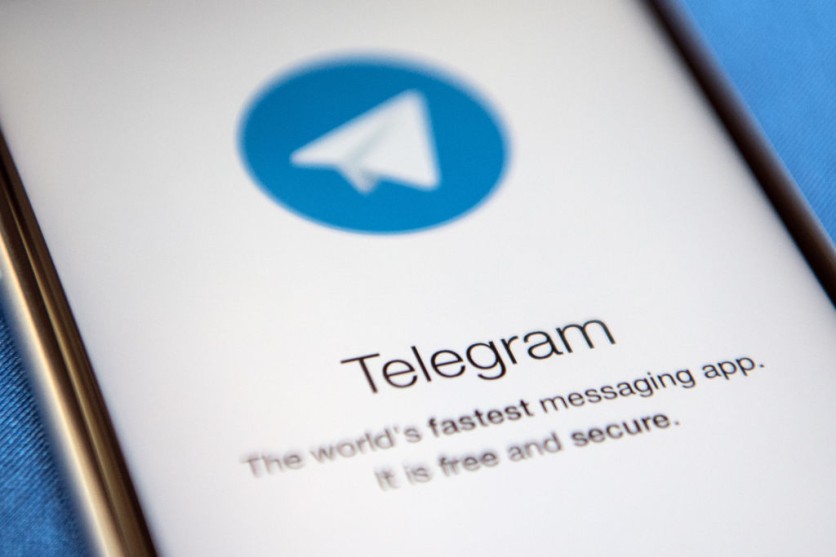Amid national security concerns, the Iraqi government made an announcement on Sunday about the suspension of the widely used Telegram messaging application across the country. This decision has sparked criticism raising debates about the implications of such actions on freedom of communication and digital rights.

Banning Telegram in Iraq
Iraq's telecoms ministry has taken action to block the Telegram messaging app, citing national security concerns and concerns about the mishandling of users' personal data. Reuters reported that the app serves as a popular messaging platform, news source, and content-sharing platform in Iraq.
Telegram has become a repository for substantial amounts of personal data, encompassing sensitive information like names, addresses, and family connections of Iraqi users. This move by the ministry aims to safeguard users' personal information and uphold the integrity of communications within the country.
The service of the Telegram messaging application was effectively blocked on Sunday, leading to new messages being inaccessible to users in Baghdad. However, users connected via VPN were still able to access the application, creating a workaround for those seeking to continue using the platform despite the government's action.
Denouncing the Decision
In response to Iraq's decision to suspend Telegram, a channel with over 330,000 subscribers criticized the move, denouncing it as an attempt to stifle dissent and "gag" free speech. The channel further accused the Iraqi government, supported by pro-Iran parties, of curbing essential freedoms and restricting open communication.
Despite strides towards relative stability following years of conflict, Barron's reported that Iraq's authorities frequently face scrutiny from NGOs and activists, who assert that freedom of expression remains under threat, raising concerns about the protection of civil liberties in the country.
Amnesty International recently raised alarm over the Iraqi government's potential submission of two bills to parliament, which, if approved, could significantly restrict freedom of expression and peaceful assembly.
The rights group expressed concern that these draft legislations coincide with a series of trials targeting individuals who criticize government officials, sparking fears of potential crackdowns on dissent.
Telegram has faced previous blocks in various countries, including Azerbaijan, China, and Cuba. In April this year, Brazil also took action by ordering a temporary suspension of the messaging app until the company complied with a court order to share information regarding extremist and neo-Nazi groups using the platform.
The decision was made by Judge Wellington Lopes da Silva in a court in Espirito Santo state, and it also led to an increase in the non-compliance fine, amounting to $197,780.
According to a WIONews report, the federal police requested the suspension order after Telegram failed to comply with a previous court ruling, which demanded the submission of data concerning two neo-Nazi groups on the app, accused of inciting violence in schools.
As a consequence of Telegram's failure to comply with the court order, Judge da Silva further directed telecommunication companies in Brazil to initiate the suspension of access to the messaging service and downloading of the app.





